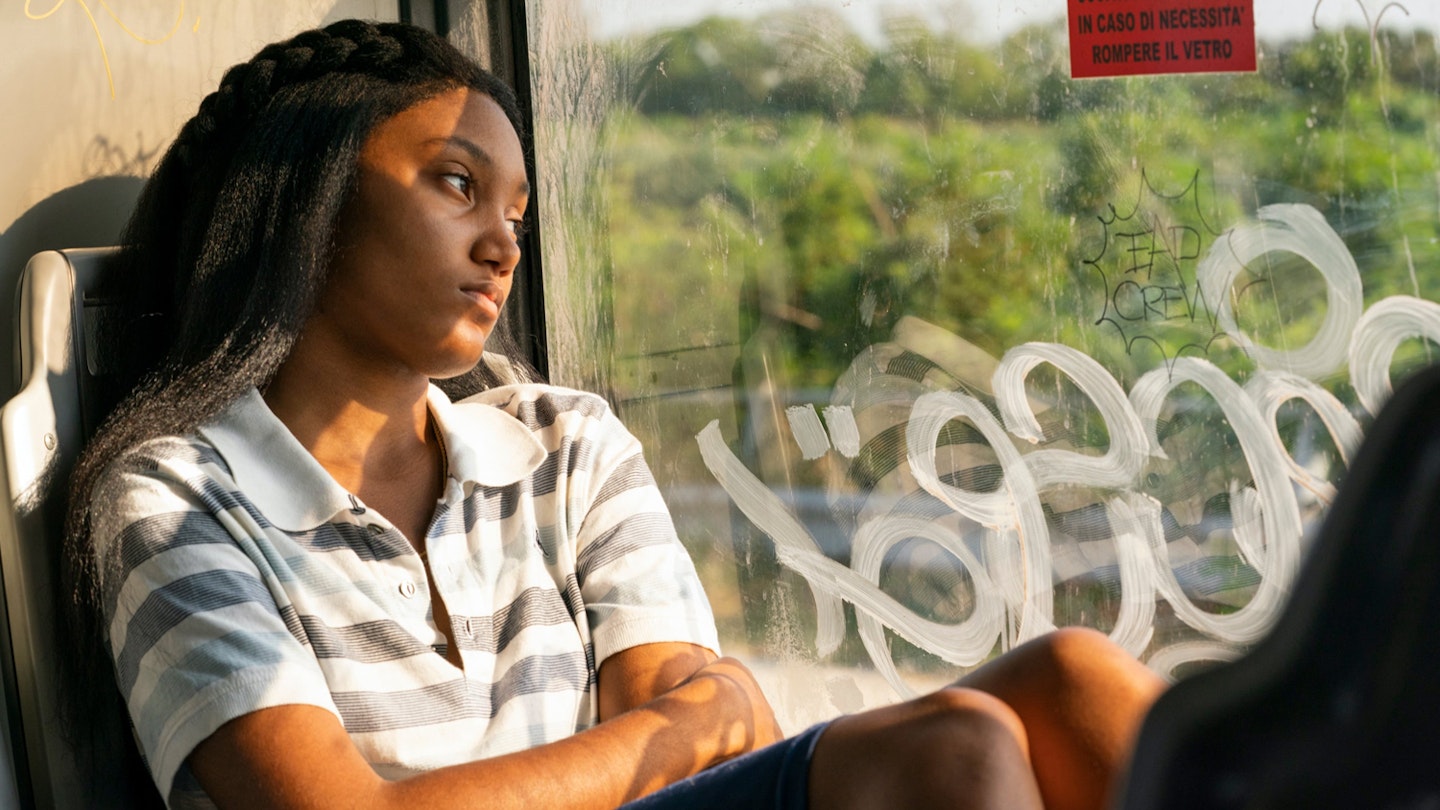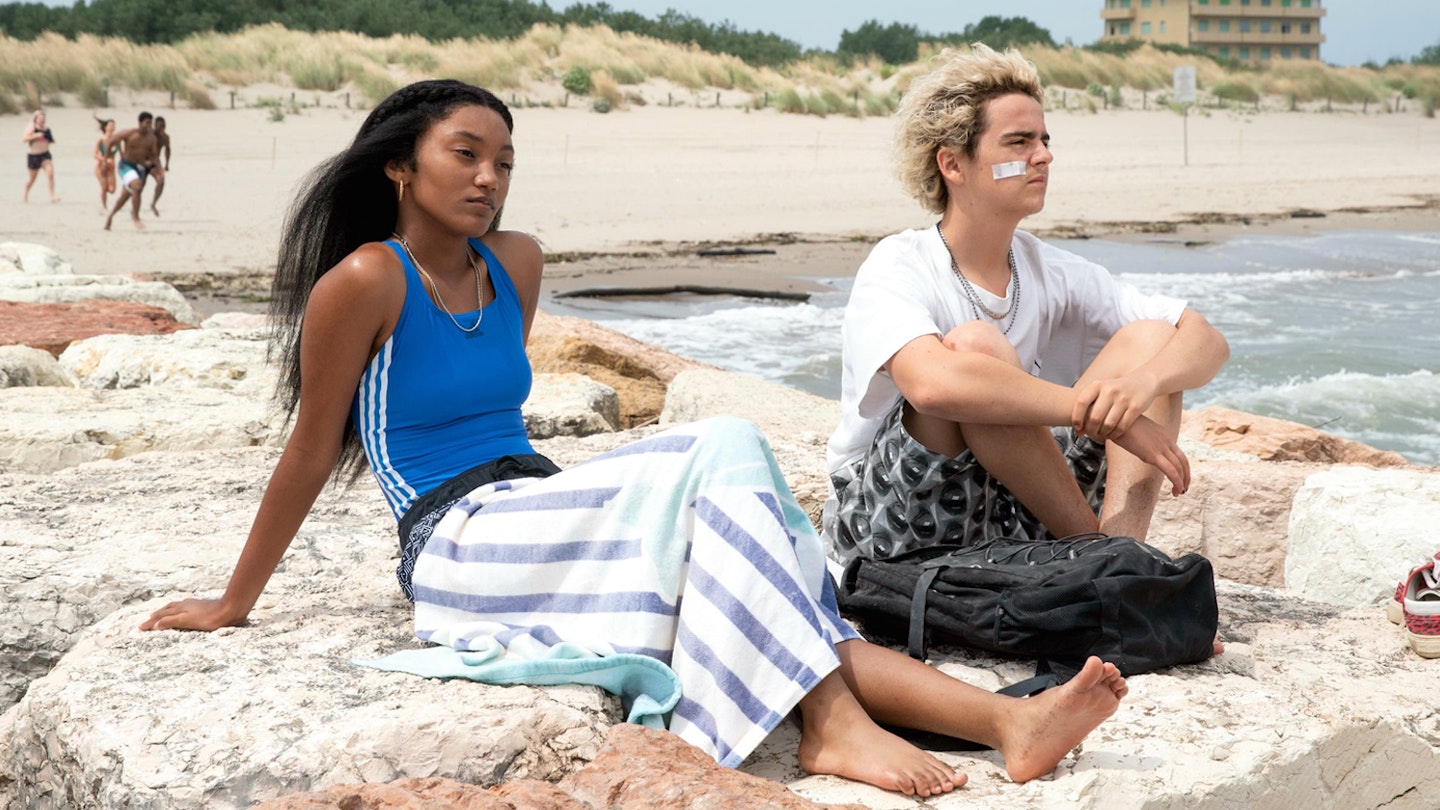Episodes viewed: 4 of 8
There are a lot of penises on display in episode one of Luca Guadagnino’s We Are Who We Are. Not quite as many as there were in, say, the infamous 30-penis episode of rival HBO teen drama Euphoria, but plenty nonetheless. Unlike Euphoria, the willy-waving in this, the first TV project from the director of the similarly exquisite Call Me By Your Name, doesn’t seem designed to shock. Instead, the casual frontal nudity is just one expression of the show’s languid, laidback tone.

The observer of all these penises in the series opener is bratty 14-year-old American Fraser (Jack Dylan Grazer), an outsider drawn to a cosmopolitan group of young people in the idyllic Italian town where he and his family have just relocated. He watches on from the sidelines as these less self-conscious kids frolic in the sea. Later, he somehow stumbles into the soldiers’ shower area, where he makes eye contact with naked young Major Kritchevsky (Tom Mercier), who doesn’t seem at all fazed by the teenager’s attentions. When we see Fraser in his home environment, with his two military mothers, he’s emotionally incontinent, spiky and even outright violent. The relationship between Fraser and Chloë Sevigny’s Sarah, in particular, is startlingly fiery, and intriguingly difficult to pin down.
As _Call Me By Your Name_ showed, few do youthful longing as beautifully as Guadagnino.
Guadagnino directs all this in a thrillingly freewheeling style. His camera glides silkily from one setting to another, eavesdropping on conversations and dalliances and domestic squabbles. If there are long stretches where nothing much happens, it all feels part of the relaxed design, playing with the freedom of a long-form, eight-hour TV series to immersive effect. Episode 2, for example, boldly tells the same story as the opener, but from the point of view of Caitlin (Jordan Kristine Seamón), who’s the same age as Fraser, and identifies an ambiguity in him which helps her deal with her own gender uncertainty.
The standout fourth episode is an hour-long hangout in which the characters have a party, get drunk and pair off. There are echoes of Larry Clark’s Kids, without its leery gaze and nihilism, and it’s surely no accident that, 25 years on, Guadagnino has cast that film’s standout star Sevigny, but now she’s playing a parent and colonel, in theory the ultimate authority figure. But again, the filmmaker subverts expectations; Sarah is not above flirting with her handsome army assistant Kritchevsky in front of her own son Fraser, who is clearly enamoured with the young major. As Call Me By Your Name showed, few do youthful longing as beautifully as Guadagnino.
As a whole, the series is a celebration of these young people, their openness and idealism, with none of the amorality of Kids or Euphoria. Yet it’s never bland. Guadagnino encouraged his cast to work on their character arcs with him, and it shows. Their performances are astonishingly natural. It may be too languid for some, but if you can take inspiration from the director and his characters, you’ll free your mind, and just let it all hang out.
